4 Ways Smart Buildings Benefit the Environment
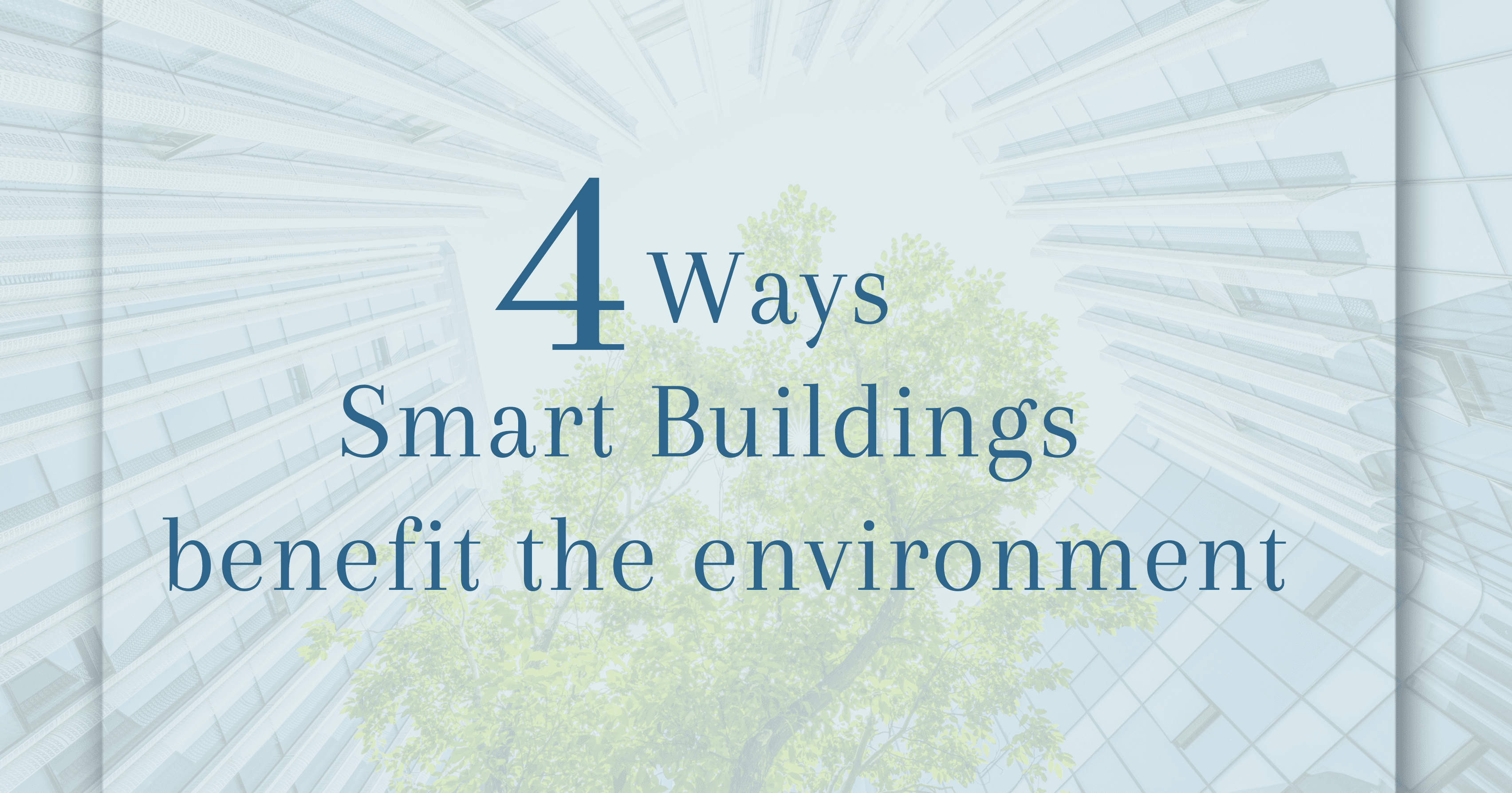
Buildings are responsible for 40% of global energy consumption and 33% of greenhouse gas emissions, according to the World Economic Forum. As heightened levels of carbon emissions are known to negatively impact the environment and accelerate climate change, the race to reduce such emissions is increasingly urgent and significant. In an attempt to minimise their carbon impact, more and more building owners are turning to smart building solutions. Smart buildings tend to be geared towards holistic sustainability, optimising energy efficiency, building operations and occupant productivity all at the same time. Here are 4 ways smart buildings can benefit the environment.
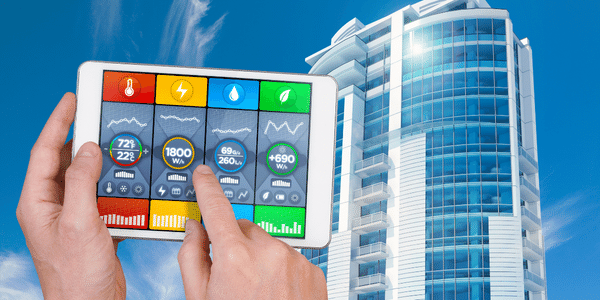
Use of IoT devices and sensors to conserve energy - A relatively low-cost technology found in smart buildings is the use of IoT devices and sensors that collect and transmit real-time data based on the environment, building operations, and occupants’ activities in the building. For example, Indoor Air Quality (IAQ) sensors are installed to monitor the level of air quality vis-à-vis humidity, temperature and pollutants, to conserve energy consumed and ensure that the environment in the building remains clean for all occupants. Another example often found in smart buildings is occupancy and motion sensors. Given information on the presence of occupants, these sensors complement automated adjustments to Heating, Ventilation and Air Conditioning (HVAC) settings and lighting systems, and help to conserve energy when not in use.
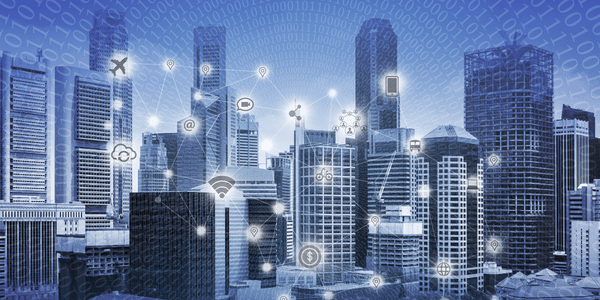
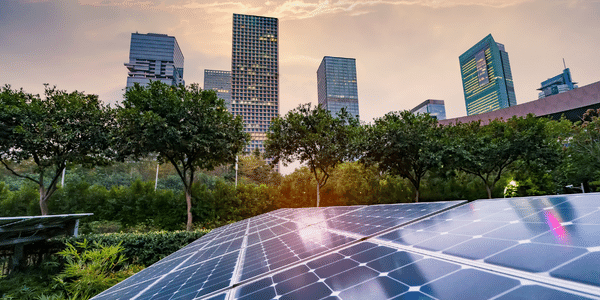
Use of renewable energy to remain sustainable - Smart buildings that utilise renewable energy are more capable of meeting sustainability goals as they do not rely on scarce resources such as fossil fuels that when burned, release large amounts of pollutants into the air and eventually contribute to global warming. To circumvent the effects of climate change and reduce overall carbon emissions, smart buildings rely on technology that is driven by carbon neutral practices. One example of carbon neutral practice is the adoption of alternative sources of energy such as renewables (e.g. solar energy). The use of solar panels is more environmentally sustainable as it enables buildings to convert sunlight into electrical energy. As buildings are key contributors of carbon emissions essentially accelerating climate change, building operators are facing increasing pressure and regulations to adopt such net zero emissions solutions.

References:
More Related Our Stories

Resync Year 2020 in Review
As Resync persevered and welcomed changes brought about by COVID-19, we had...
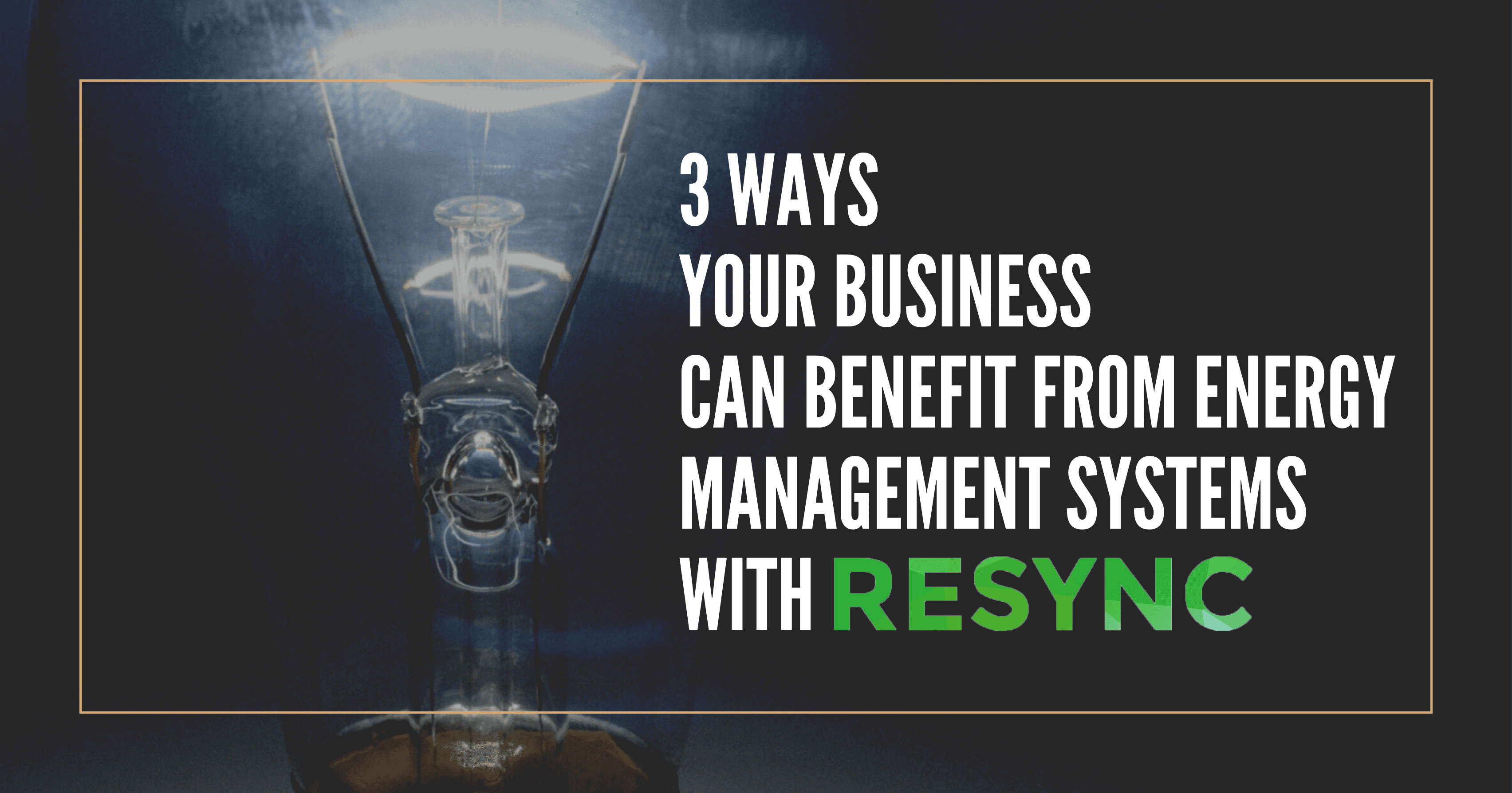
3 Ways your Business can Benefit from Energy Management Systems
For many businesses, energy consumption costs make up a significant portion...
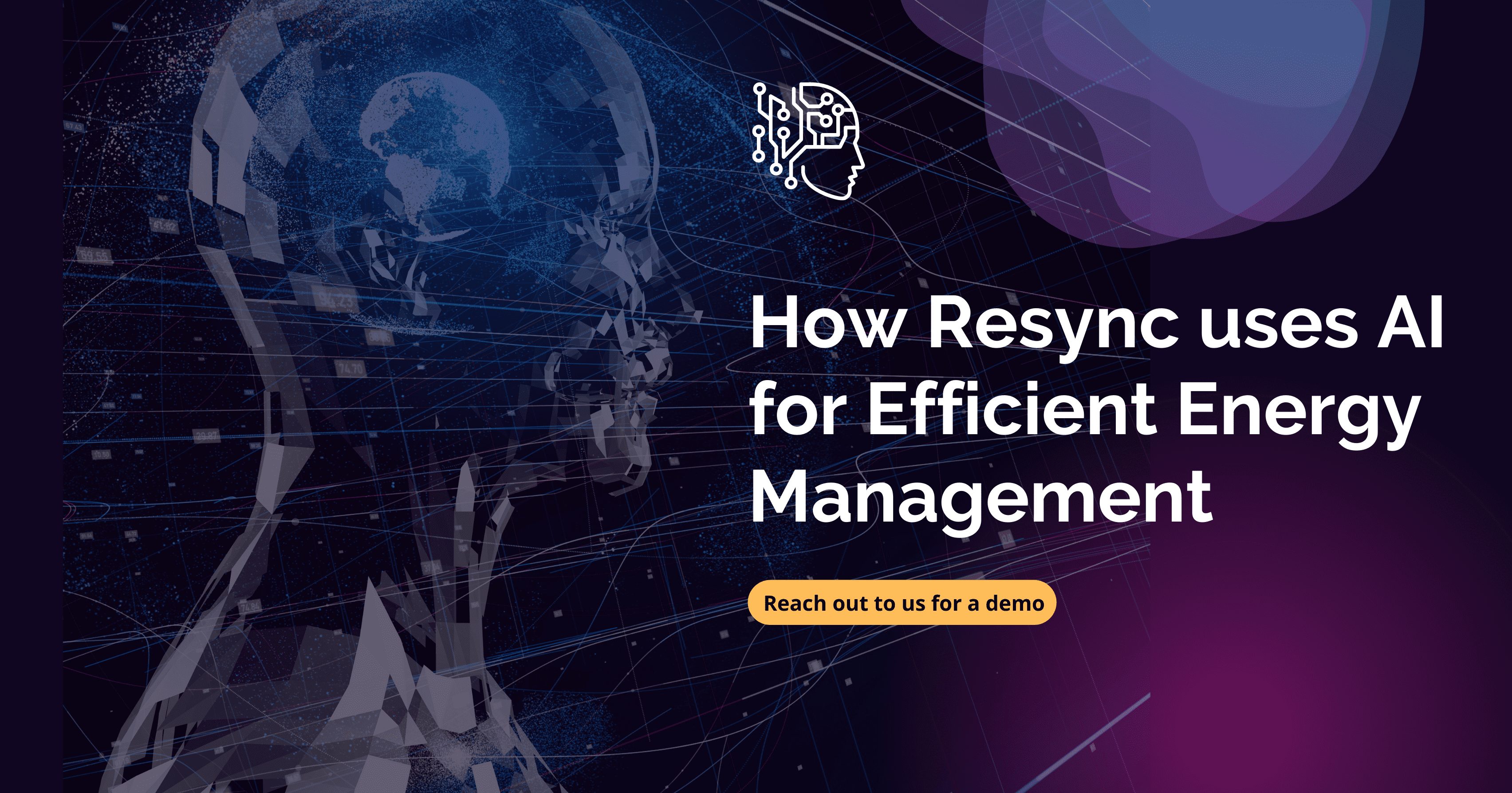
How Resync Uses AI for Efficient Energy Management
The global energy market is undergoing a huge transformation. From...
